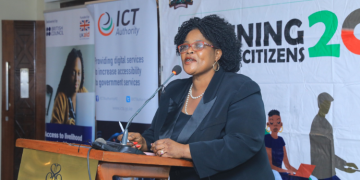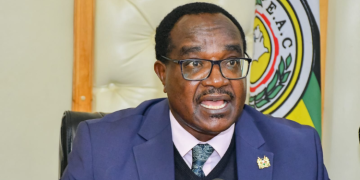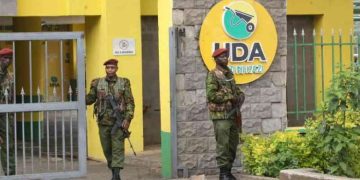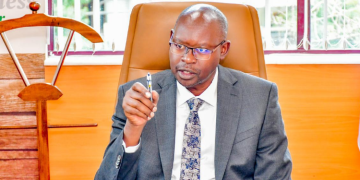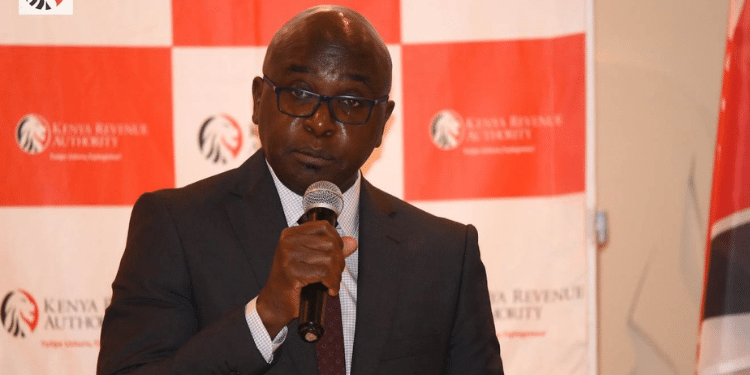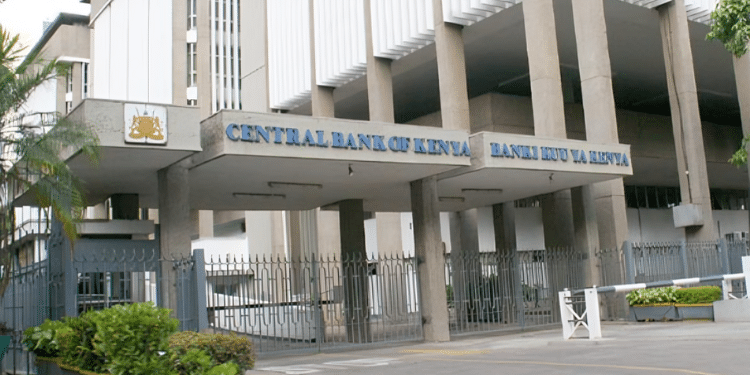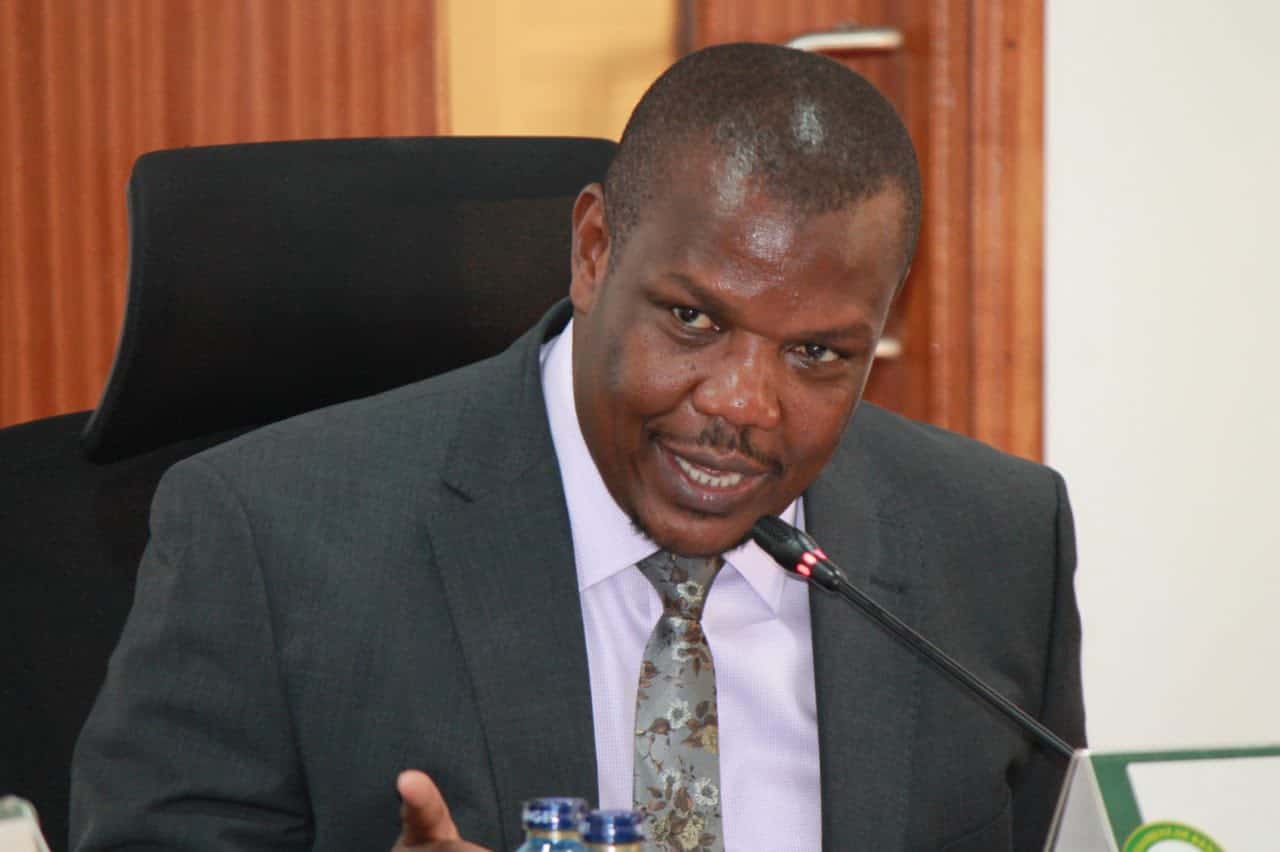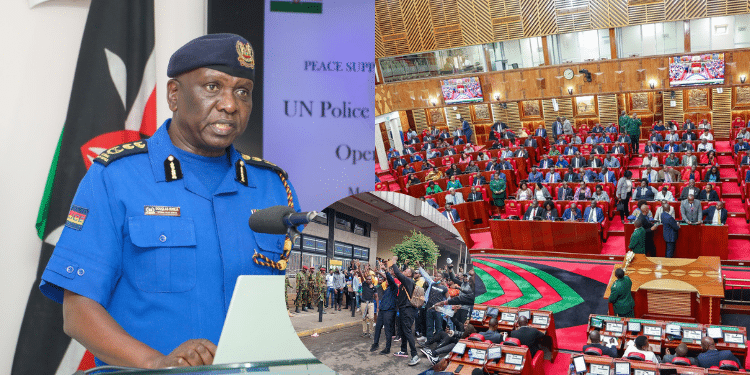The National Police Service (NPS), the National Police Service Commission (NPSC), the Independent Policing Oversight Authority (IPOA), Kenya National Commission on Human Rights (KNCHR) and eleven (11) other civil societies have rejected the Assembly and Demonstration Bill (National Assembly Bill No. 28 of 2024) in totality.
The Bill sponsored by Mbeere North lawmaker Geofrey Ruku seeks to provide legal framework for the regulation of assemblies, demonstration, picketing and petitions.
It seeks to introduce new aspects into the laws governing assemblies, as well as create a separate law specifically governing the conduct of assemblies and demonstrations.
This includes a one year in prison, or Ksh100,000 fine or both for Kenyans who participate in demonstrations that have not been permitted by the state.

Further, the Bill intends to give effect to Article 37 of the Constitution which provides for the right to assembly, demonstration, picketing and petitions.
Article 37 of the Constitution and Cap. 56. (Section 5) of the Public Order Act provides for the regulation of public meetings and processions.
The move is geared towards allowing a regulating officer to specify conditions for holding an assembly or demonstration, permitting a convener to apply to the High Court to set aside or vary conditions, or to set aside a prohibition to an assembly, among others.
Police Commission & IPOA Reasons for Rejecting the Bill
During a consultative meeting with the Committee on Administration and Internal Security Chaired by Narok West MP Gabriel Tongoyo NPSC and IPOA strongly opposed the Bill, arguing that existing legal frameworks sufficiently regulate public gatherings.
They pointed out that the Public Order Act, which is currently under review, already provides a structured approach for managing demonstrations, making the proposed legislation unnecessary.
Additionally, they cautioned that the Bill could create legal conflicts and inconsistencies within the law.
Also Read: Police Officers on Patrol Stumble on Colleagues Robbing a Civilian
KNCHR Warning
Representatives from KNCHR and civil society groups warned that the Bill could infringe on fundamental rights, particularly the freedoms of assembly and expression.
They argued that the Bill granted excessive powers to the police while severely restricting citizens’ ability to organize and participate in peaceful protests.
KNCHR emphasized that law enforcement should facilitate demonstrations, as guaranteed by the Constitution.
Also Read: Police Nab Masterminds Behind Ksh13 Billion Heist
Proposal to Withdraw the Bill
Committee members sought clarification on whether amendments could address these concerns.
However, stakeholders unanimously insisted that withdrawing the Bill entirely was the best course of action.
They stressed that any necessary reforms should be incorporated into the ongoing review of public order regulations rather than introducing a new law that could create redundancy.
Follow our WhatsApp Channel and join our WhatsApp Group for real-time news updates.



